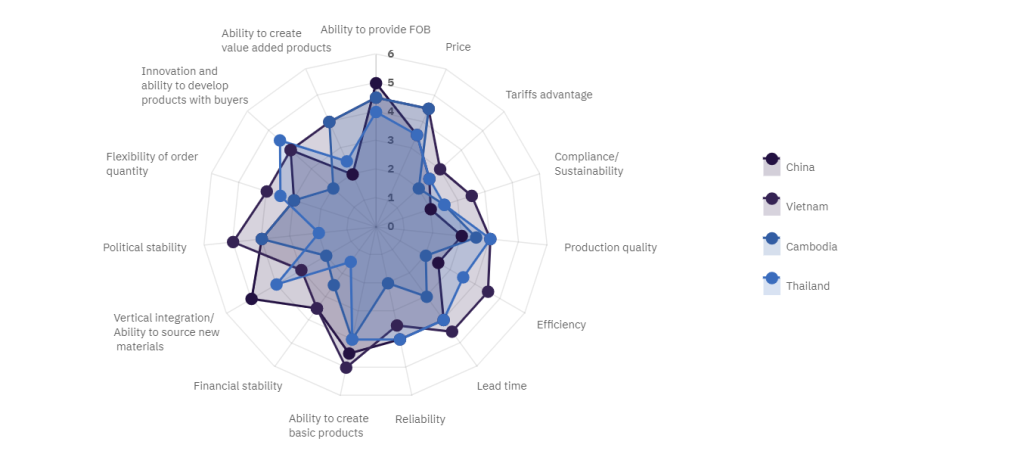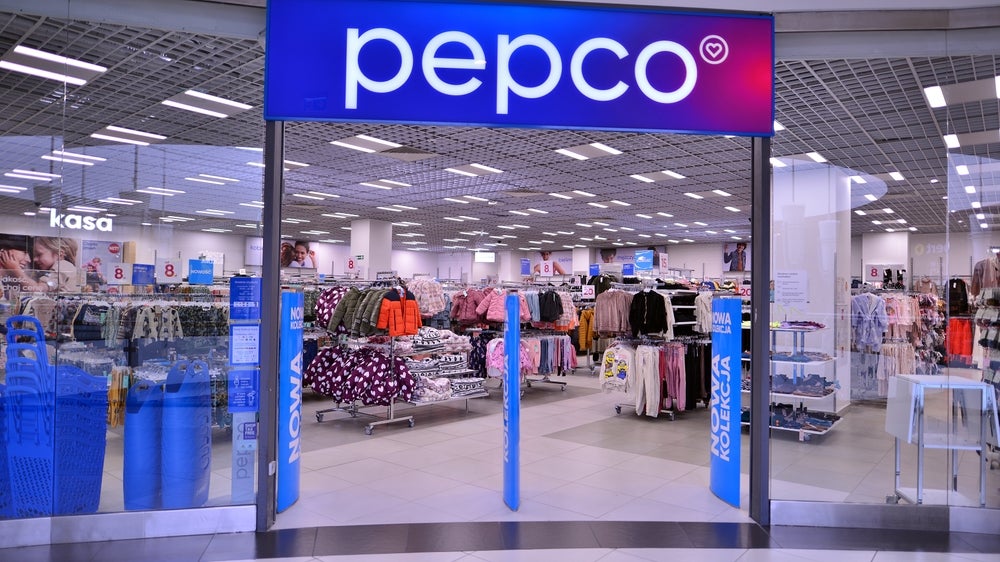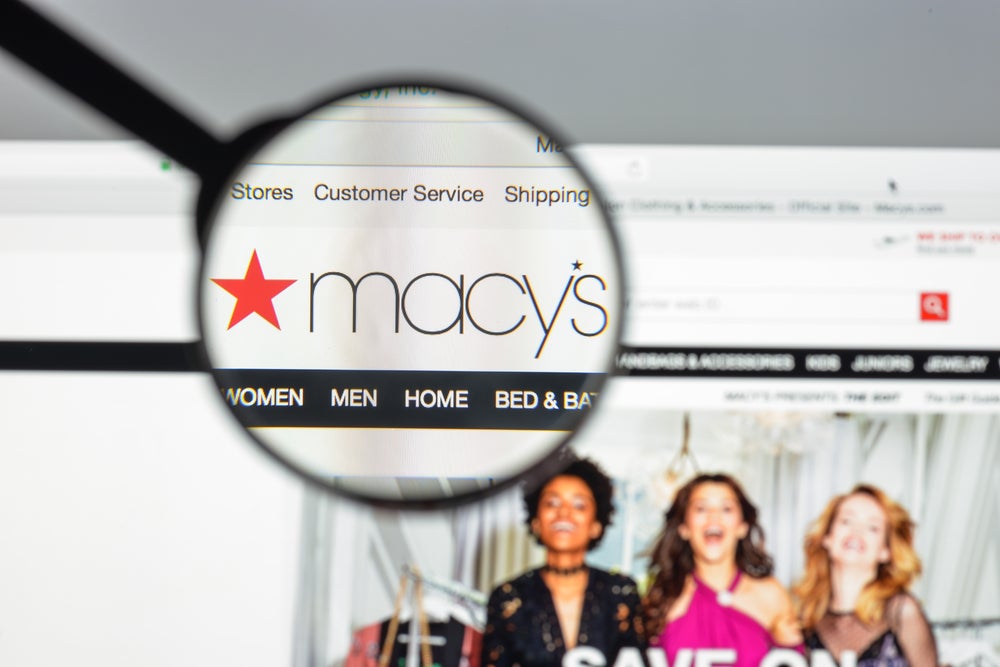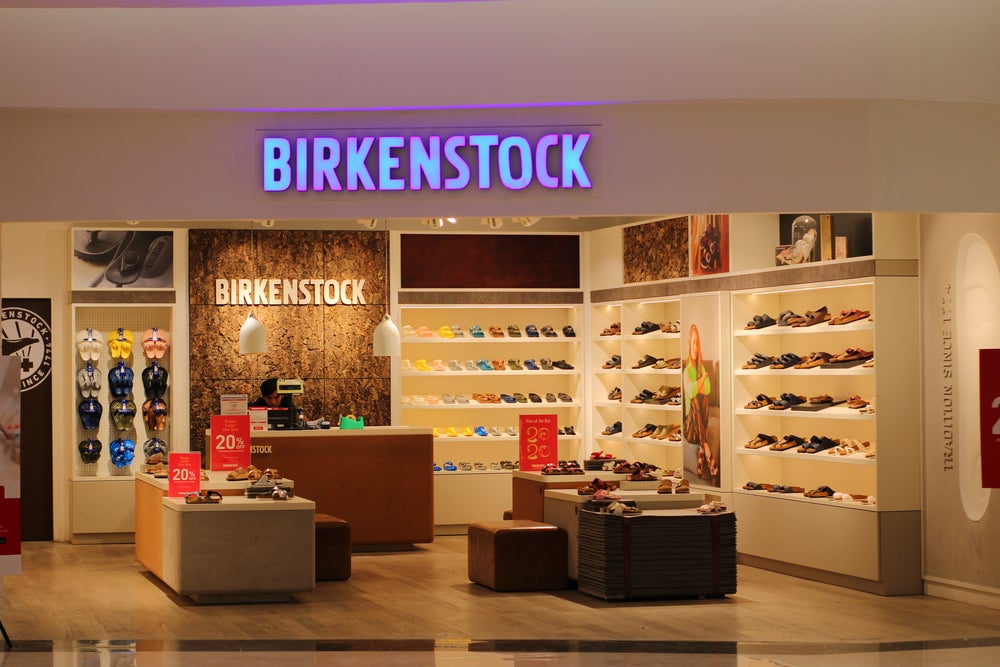At Nike’s annual meeting of shareholders on 12 September, Nike shareholders rejected a proposal for the board to issue a report assessing the efficacy of its supply chain due diligence efforts.
The proposal, brought by Tulipshare which owns at least $25,000 of Class B stock, recommended that the Air Jordan maker issue a report covering the methodology and metrics used to measure performance on forced labour and wage theft risks, alongside other disclosures.
“Nike has not disclosed adequate analysis regarding the efficacy of traceability steps taken to address the risks of alleged Uyghur forced labour across its supply chain tiers, nor does Nike disclose engagement with affected rightsholders or whether remedies are satisfactory to victims,” Samuel Collins-Charles, Tulipshare’s communications manager, said in a pre-recorded message during the annual meeting.
He cited Nike’s compliance with only six of seventeen Sustainable Development goals under the UN Global Compact, and its alleged violation of OECD guidelines in its treatment of Cambodian and Thai garment workers.

Collins-Charles also raised the spectre of the EU’s 2022 corporate sustainability due diligence directive, which requires companies like Nike to identify, prevent, end or mitigate adverse impacts on human rights.
“Rather than risk the significant negative financial consequences of failing to comply with this regulation and potentially losing European market share,“ Collins-Charles said, “we are asking you for your vote to ensure Nike assesses the effectiveness of its existing supply chain management structure and safeguard the company and its investors from financial, legal and reputational risks.”
Nike’s shareholders, however, rejected the proposal, with the board of directors calling it “unnecessary” and citing Nike’s “commitment to ethical practices” across its operations and supply chain which “begins at the highest level”.
Nike’s opposition statement made frequent reference to its “Supplier Code of Conduct”, which “lays out minimum standards Nike expects each supplier to meet in producing Nike products and includes strict requirements regarding forced and child labour, excessive overtime, compensation, and freedom of association, among other requirements.”
Collins-Charles countered that “traditional codes of conduct such as these put the onus entirely on the supplier to uphold human rights, which is not realistic and has a very weak track record of effectiveness, as it does not acknowledge Nike’s role in human rights impacts.”
Instead, the proposal recommends the adoption of the American Bar Association’s Model Contract Clauses, which aim at ensuring responsible purchasing practices, such as reasonable assistance to suppliers, responsible exit, and victim remedies. Collins-Charles says that such clauses “bridge [the] gap [between suppliers and Nike] by advocating for a shared responsibility approach”.
Our signals coverage is powered by GlobalData’s Thematic Engine, which tags millions of data items across six alternative datasets — patents, jobs, deals, company filings, social media mentions and news — to themes, sectors and companies. These signals enhance our predictive capabilities, helping us to identify the most disruptive threats across each of the sectors we cover and the companies best placed to succeed.















